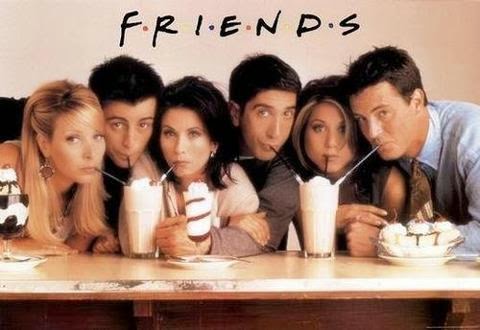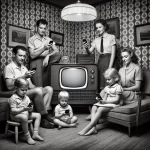Facebook introduced the language of friending into our social media vocabulary.
It continues to confuse brand managers who believe that consumers want to be their friend. Nothing is further from the truth. Brands and consumers engage in commercial relationships and that is always at the root of the connection. I don’t confuse what I expect from a friend with what I expect from a brand.
Yes, I do love the values and ethos of certain companies and the products they offer.
There are plenty of businesses and brands I deeply admire for how they operate in the world, for the products they create and for their approach to being part of my community. Whole Foods, Dyson and Charity:Water are three organizations I deeply admire. When I read stories about Tom’s Shoes and the great work they are doing with their One for One program, I’m only pulled in closer to brand and their mission.
But they aren’t my friends.
They all want something from me. It doesn’t change the depth of my emotional attachment to them as well as my loyalty. But, I don’t confuse them with people who would do anything for me without expecting a purchase in return. I don’t expect them to help me change a tire or to come and give me a lift to my office without asking for something in return.
Now it is true that some friends give more and some take more but the relationship isn’t built on the expectation of reciprocity and equivalency. It is built on a human connection to that person.
Businesses aren’t like my friends where the relationship isn’t about a one for one exchange. And as much as we marketers try, a customer relationship will never equal a personal friendship.
You witness friends unselfishly doing things for you without an expectation of getting something in return. Perhaps you are that type of person too who would do anything to help a friend in need. I witness my daughters in the most unselfish ways helping, loving and supporting their friends without looking for something in return. I see my 87 year old Mom Bea helping her best friend in small ways with no expectation attached. They give from their heart and they give without expectation.
Brands try to act this way but ultimately there is always s a quid pro quo at the end of the evening. I did all this stuff for you, now will you please buy something for me or help me sells something. Even the greatest brands require a payback through some commerce to make the business viable. There is nothing wrong with this relationship. But please let’s acknowledge that its different from friendship.
When you recognize this as a marketer, you still strive to build deep-rooted connections with your community. You can still give generously and set up wonderful community based programs to make this a better world. My concern is that brands not be deluded in thinking that consumers and brands are in the same relationships as people have with their friends. It is by nature different.
 |
| I’ll be there for you. |
I advocate for brands to be true to themselves and behave in a way that is appropriate for the community they choose to serve. Often this mimics the behavior of friends. And of course consumers do become friends with people who work at brands but that isn’t the same as becoming a friend with a brand.
Transactional relationships are what businesses do. So stop thinking of the consumer as your friend. Tell them your story. Engage with them on deeply emotional levels. Be genuine to your own brand vision.
But don’t kid yourself into thinking we can be friends.
You may see things differently. I’d love to hear your thoughts. Even you Joey.
~~~~~~~~~~~~~~~~~~~~~~~~~~~~~~~~~~~~~~~~~~~
~~~~~~~~~~~~~~~~~~~~~~~~~~~~~~~~~~~~~~~~~~~
Jeffrey Slater
MomentSlater
Are you looking for a marketing coach or mentor? You can hire me by the moment – well by the minute through Clarity.fm to consult with your company. Check out the details here.
I donate 100% of my fee to Charity: Water who helps serve communities that need clean water.





